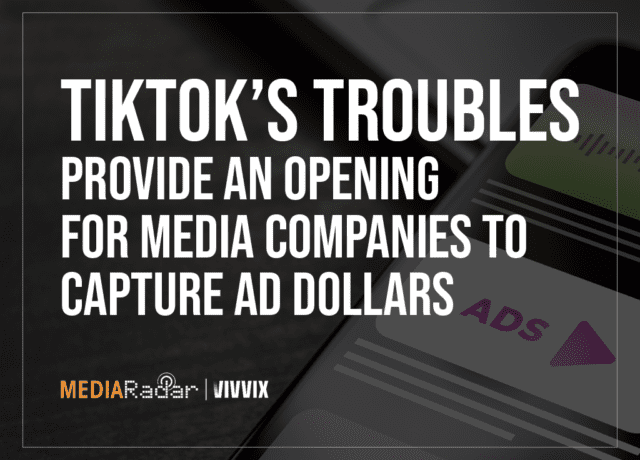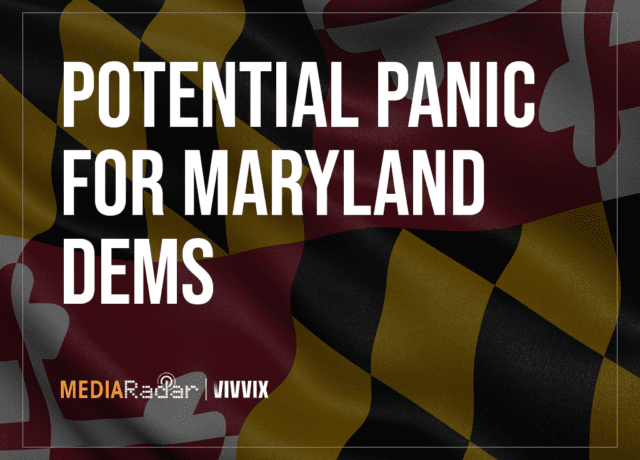Everything is going meta and B2B events are no different. The transition to virtual events was a shock for most marketers, forcing them to choose virtual event platforms in a reactionary state of mind and with a limited time frame.
Now that the public health crisis is improving, marketers can start to make strategic digital decisions with more experience under the belt.

Digital experiences in the event industry continue to improve
For over a year and half, marketers have been wondering what the future of events holds.
BlueJeans and Forrester partnered to survey 200 North American decision-makers of marketing event strategies in order to understand how they were leveraging virtual and hybrid-event technology.
The research found that marketers were optimistic about platform improvements. And with these improvements, 86% of respondents said they were confident that their virtual and hybrid events could achieve more success than in-person events. The large majority believed they would see more revenue and greater brand awareness using these virtual platforms.
Though event marketers have a wide range of virtual components to choose from, one of the most essential is online content.
“Industry conferences need to adopt a Netflix-like approach and think of content not as live events they sell tickets for, but as on-demand, must-watch sessions that are available for years to come,” writes Maura Rivera, Chief Marketing Officer at Qualified.com.
Pointing to the new Salesforce+, Rivera explains how leading corporations need to make their conference content long-lasting and accessible on-demand. Similar to Disney+, Hulu and Netflix, the streaming service will make helpful B2B content easy to consume.
Salesforce’s large annual conference, Dreamforce, will be available on the platform for anyone to view, from wherever they are, at any time. In contrast, The Web Summit, hosted in Portugal will have 40,000 in-person attendees, but all the helpful content will be lost after the conference is done.
It’s not a surprise that the future of events is digital. Digital experiences, enabled through VR headsets, mobile devices or web-based 3-D environments, are and will be a part of the business event industry. The metaverse is already here and it is growing more sophisticated with every major conference.
For more updates like this, stay tuned. Subscribe to our blog for more updates on coronavirus and its mark on the economy.



